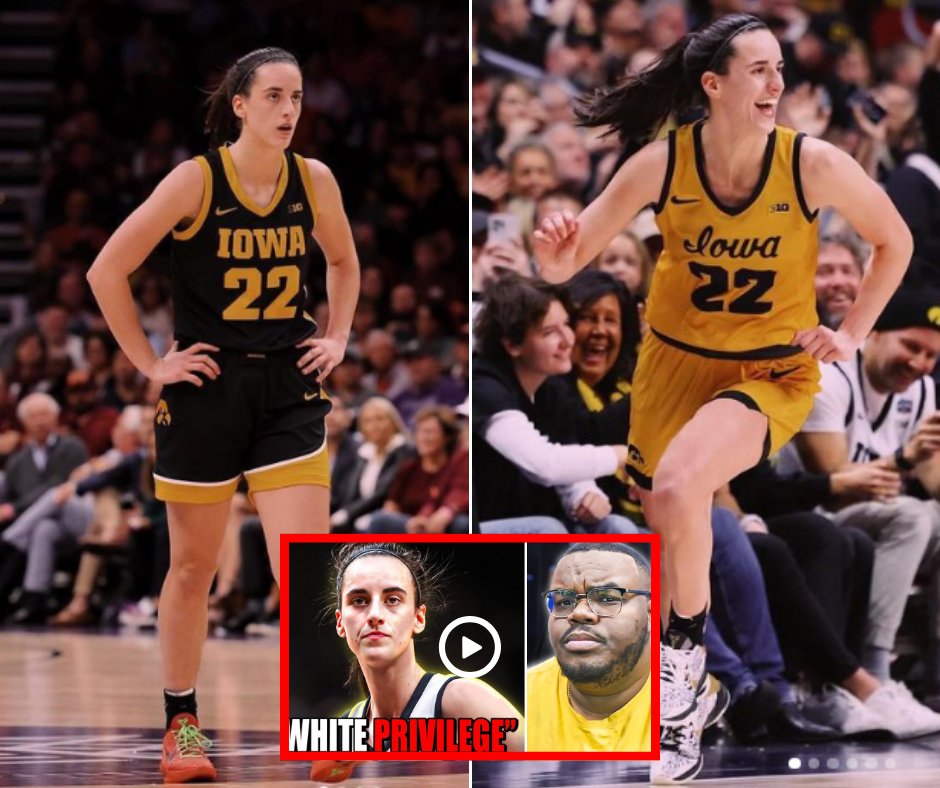
In recent times, Caitlin Clark has emerged as more than just a basketball prodigy; she’s become a beacon of truth, shining a light on the self-sabotage plaguing the Women’s National Basketball Association (WNBA). As the league continues its evolution and seeks to solidify its place in the global sports landscape, Clark’s outspokenness serves as a wake-up call, demanding necessary changes for the betterment of the game.
Clark, a standout player for the University of Iowa Hawkeyes, has garnered attention not only for her exceptional on-court skills but also for her willingness to address uncomfortable truths. In a sport where female athletes often face systemic barriers and disparities compared to their male counterparts, Clark’s boldness in calling out these issues is both refreshing and essential.

One of the primary concerns highlighted by Clark is the glaring pay gap between WNBA players and their counterparts in men’s leagues, such as the NBA. Despite showcasing the same level of dedication, skill, and athleticism, female athletes in the WNBA continue to earn significantly less than male players. This stark inequality not only undermines the value of women’s sports but also perpetuates a harmful narrative that diminishes the achievements of female athletes.
Furthermore, Clark has drawn attention to the lack of investment and marketing efforts directed towards the WNBA. While the league boasts a wealth of talent and exciting gameplay, it often struggles to attract the same level of sponsorship deals, media coverage, and fan engagement as men’s leagues. This disparity in resources not only hampers the growth of the WNBA but also limits the opportunities available to its players, both on and off the court.
However, amidst these challenges, Clark remains optimistic about the future of women’s basketball. By using her platform to advocate for change, she hopes to spark meaningful conversations and inspire action within the basketball community. Whether it’s through social media activism, public statements, or leading by example on the court, Clark’s efforts are driving momentum towards a more equitable and inclusive future for the WNBA.
As fans, supporters, and stakeholders of women’s basketball, it’s imperative that we heed Clark’s call to action. By acknowledging and addressing the systemic issues plaguing the WNBA, we can work towards creating a more level playing field where every athlete has the opportunity to thrive and succeed. Caitlin Clark’s courage in exposing the league’s self-sabotage is not just a rallying cry for change; it’s a testament to the power of speaking truth to power and the resilience of the human spirit in the face of adversity.